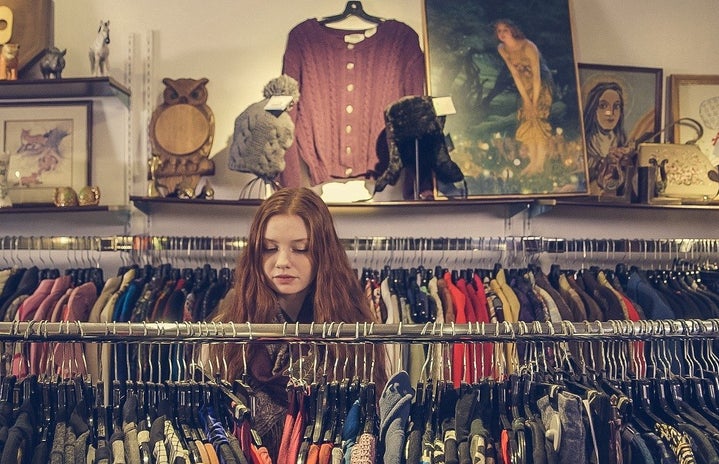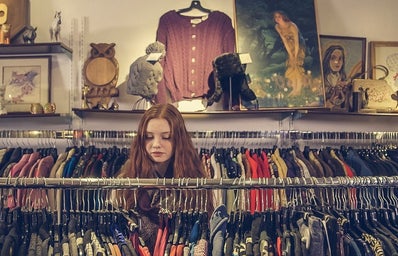Do you ever have those days where the stress of college just becomes too much to handle, so you decide to search around the web for some new and unnecessary clothes or products to purchase? Or maybe you’re shopping because of a recent breakup? Friend troubles? Nervous about a new job? No matter the reasoning behind these habits, don’t worry, we’ve all had our fair share of impulsive buys and moments of overspending. Using retail therapy as a pick-me-up has become an extremely common stress reliever, but is it necessarily good for us?
In short, yes, it actually is. But when this therapeutic form of shopping becomes addictive is where things get a little more complicated. According to a study published in the Journal of Psychology & Marketing, retail therapy does in fact improve bad moods. In addition, researchers found that this relief of negative emotion appears to continue well past the time of purchase, which diminishes the idea that feelings of buyer’s remorse and regret are guaranteed from this type of impulsive behavior.

As mentioned, when this shopping becomes less of a guilty pleasure and more of an addiction is when attention needs to be drawn to the issue. If your impulsivity gets the best of you during these stressful times and you begin to spend more than you can afford leaving you on a slippery slope towards debt, you should consider seeking real therapy, not the retail kind.
Once you reach debt, a reversal of the initial effects of retail therapy actually occurs, such as temporary mood improvement instead of long-lasting improvement and in relation to that, higher levels of stress. Don’t worry, you don’t have to completely give up your shopping habits or end your friendship with the “Add to Cart” button forever. The key to managing these retail therapy behaviors is moderation. Of course it is okay to splurge a little here and there (I mean who hasn’t!), but make sure that you aren’t consistently using this as a coping mechanism.
Physically making the purchase isn’t necessarily the only way that you can satisfy your retail needs either. The study completed by the Journal of Consumer Psychology also discovered that you will receive the same mood enhancing benefits from hypothetical shopping as well. This includes alternatives like window shopping or even simply trying on clothes that you like.
Retail therapy is definitely thought of as the solution to many of our problems. Just make sure that it doesn’t become a solution to ALL of them. Remember: everything is better in moderation.



